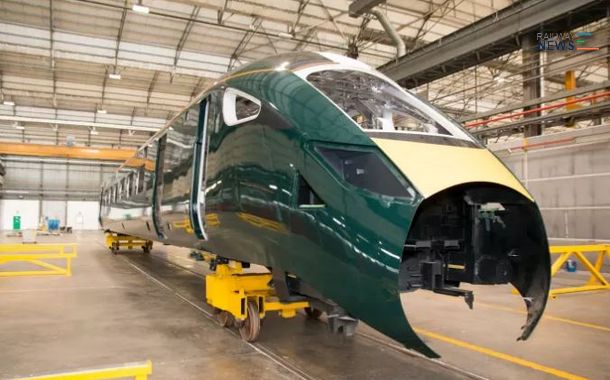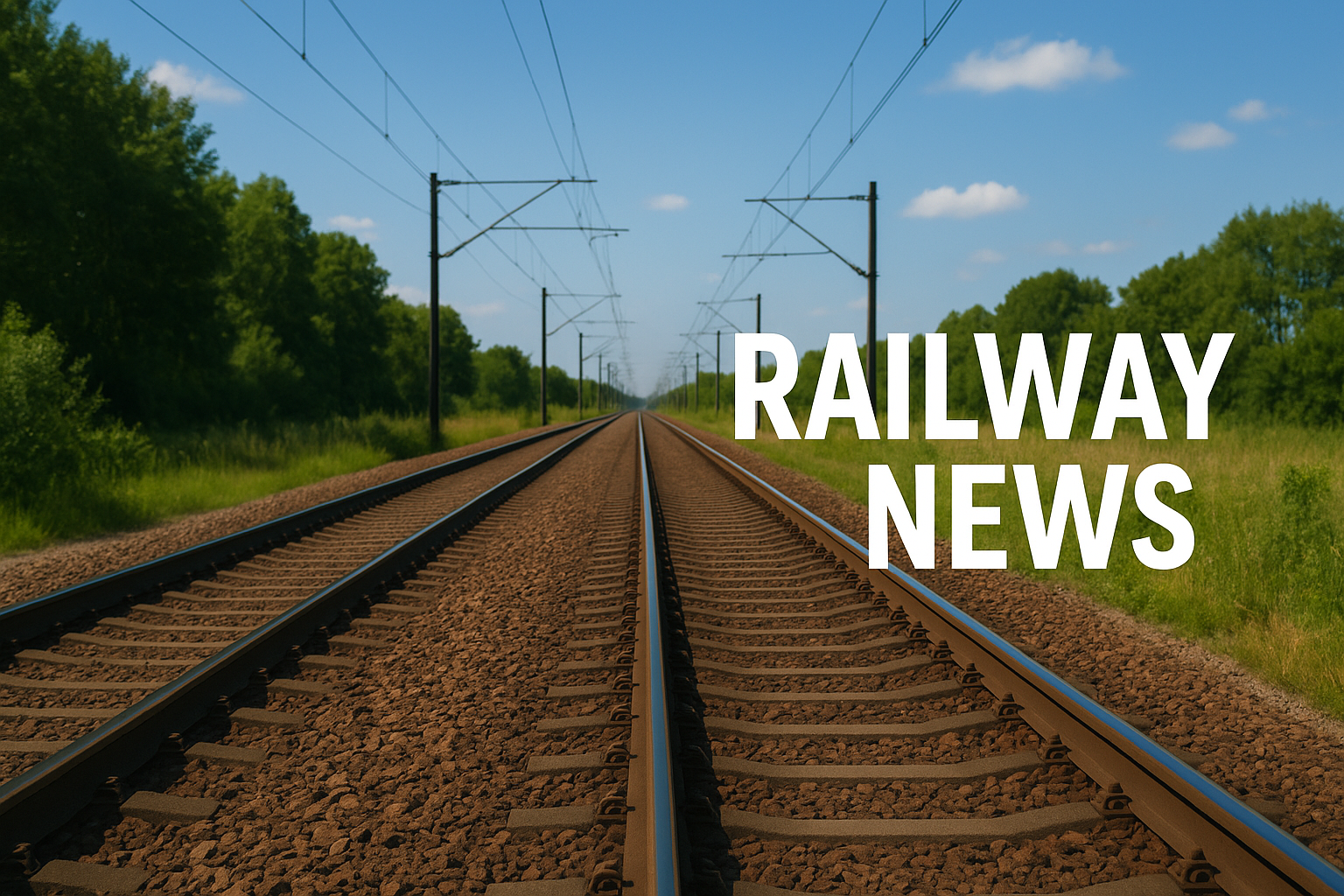Cooperate With Russia and Japan on Railway Sector
Russian Railways and the Ministry of Transport of the Russian Federation Have Agreed to Cooperate with Their Japanese Colleagues to Organize Container Transport on the Route Japan-Russia-Europe

Russian Railways and the Ministry of Transport of the Russian Federation Have Agreed to Cooperate with Their Japanese Colleagues to Organize Container Transport on the Route Japan-Russia-Europe
On May 24, in Tokyo, Russian Railways; the Ministry of Transport of the Russian Federation; the Ministry of Land, Infrastructure, Transport and Tourism of Japan; and the Association of Trans-Siberian Intermodal Operators of Japan concluded an agreement on container traffic by rail between Japan and Europe through Russia.
The document was signed by Deputy Minister of Transport of the Russian Federation Vladimir Tokarev; First Deputy Director General of JSC Russian Railways Alexander Misharin; First Deputy Minister of Land, Infrastructure, Transport and Tourism of Japan Yasuhiro Shinohara; and President of the Trans-Siberian Intermodal Operators of Japan (TSIOAJ) Kenjiro Massoud.
The purpose of the memorandum is to develop a safe, seamless, fast and convenient container service and increase container cargo shipments using the Trans-Siberian Railway on the route Japan-Russia-Europe.
The parties agreed to jointly develop the necessary transportation and logistics infrastructure by increasing the throughput and carrying capacity of the Trans-Siberian Railway and port and land terminal capacities, as well as by providing sufficient numbers of rolling stock and containers.
Russian Railways and TSIOAJ will also establish regular direct shipping between the ports of Japan and the Russian Far East.
The parties will strive to improve transportation processes, which includes optimizing the procedures for processing containerized cargo at the sea-port-railway interface, reducing delivery times and ensuring uninterrupted container traffic on the Japan-Russia-Europe route.
To reduce the cost of transportation and establish competitive prices for container transportation services along the Japan-Russia-Europe route, optimal container train formation (with full loads) and reverse freight traffic are expected.
To reduce the delivery time of JSC Russian Railways and TSIOAJ, they will work on an information-exchange system, including electronic-data interchange and preliminary electronic information on the cargo at border crossings for quicker customs clearance.
The possibility of creating an integrated system for tracking containerized cargo throughout the transit route, including on Russian railways, ports of Russia and ports of Japan, as well as the possibility of using electronic cargo protection with location monitoring, will be explored.





